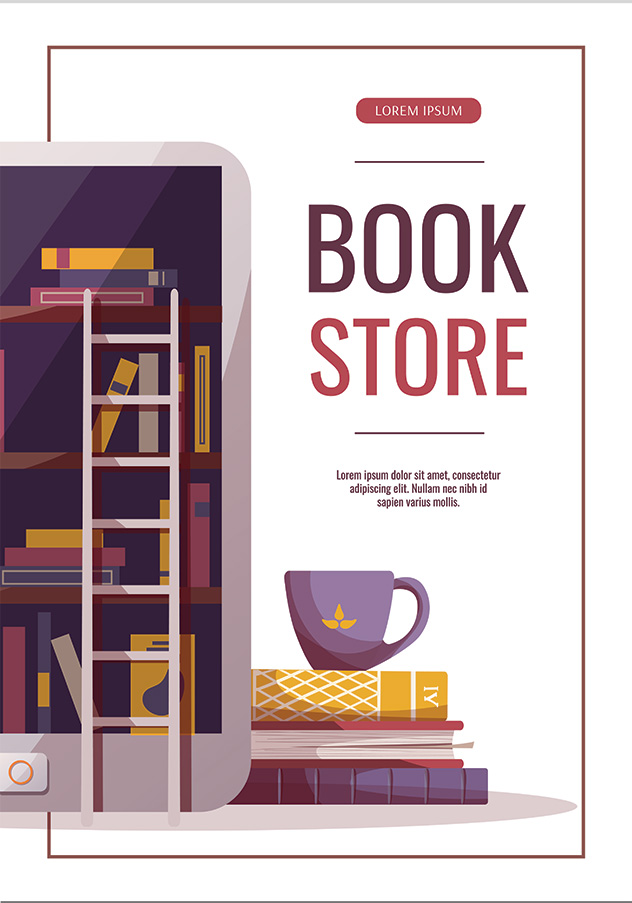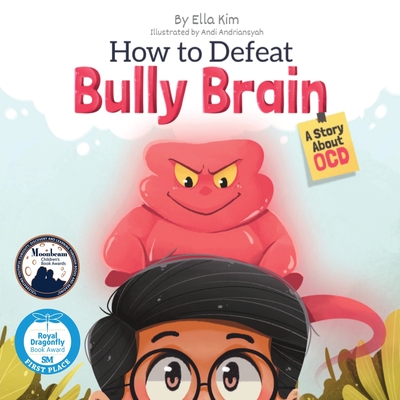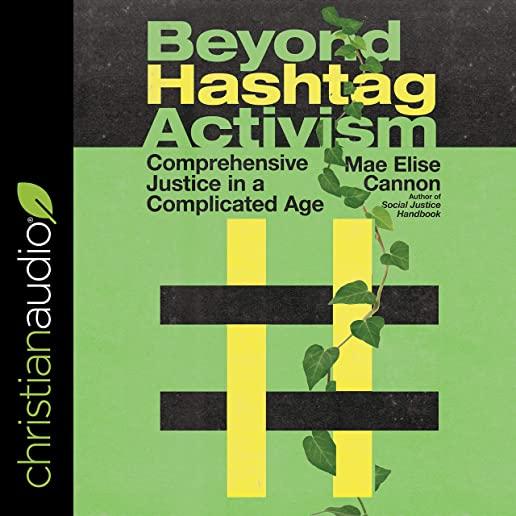
Howard, Oswald
product information
description
5It is psychologically difficult to cope with all the information about the coronavirus. Someone with a new virus causes anxiety, someone panic, someone to calm the anxiety, goes to buy food. But what is this "panic"? Is it worth fighting your anxiety and how to deal with it? And most importantly, how to survive this entire period without psychological trauma?Thoughts and information can affect a person's brain and behavior. Infomania is an exhausting excess of information, that is, the daily flow of information that a person has to process - e-mail, phone calls, messages, etc. During the quarantine, anxiety, fear, and forced isolation increased. Such infomania can lead to an obsessive need to constantly check social media, listen to the news, and exchange emails so that the anxious person trying to figure out what's going on can find new information.Infomedia is the rapid spread of all types of information, including rumors, gossip, false information, disinformation, conspiracy theories. The huge flow of information and collective bias in the perception of information has a negative effect - it becomes the cause of pathological fear, anxiety, suspicion, distrust, prejudice, mental disorders, and, ultimately, behavior (up to aggression). Therefore, even for a person with a mental disorder, it is important to understand that expressive and loud statements are not necessarily such as the current true.CrisesCOVID-19 pandemic also shows hidden altruism, empathy, trust, friendship, and a willingness to help a loved one.Resilience is the individual and social ability to survive and recover, both physically and mentally, to become more mature and strong after stress, natural disaster, crisis, illness, or disaster.
member goods
No member items were found under this heading.
listens & views

DESSOUS: EROTIC MOMENTS IN HOUSE ...
by DESSOUS: EROTIC MOMENTS IN HOUSE / VARIOUS
COMPACT DISCout of stock
$15.49

ORCHESTRAL HIGHLIGHTS FROM THE OPERAS ...
by WAGNER / KAMPE / HALLE ORCHESTRA / ELDER
COMPACT DISC$19.25
Return Policy
All sales are final
Shipping
No special shipping considerations available.
Shipping fees determined at checkout.





